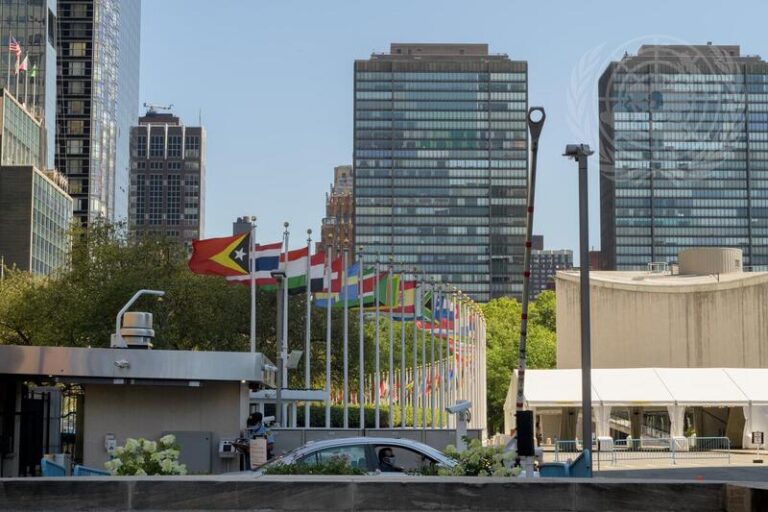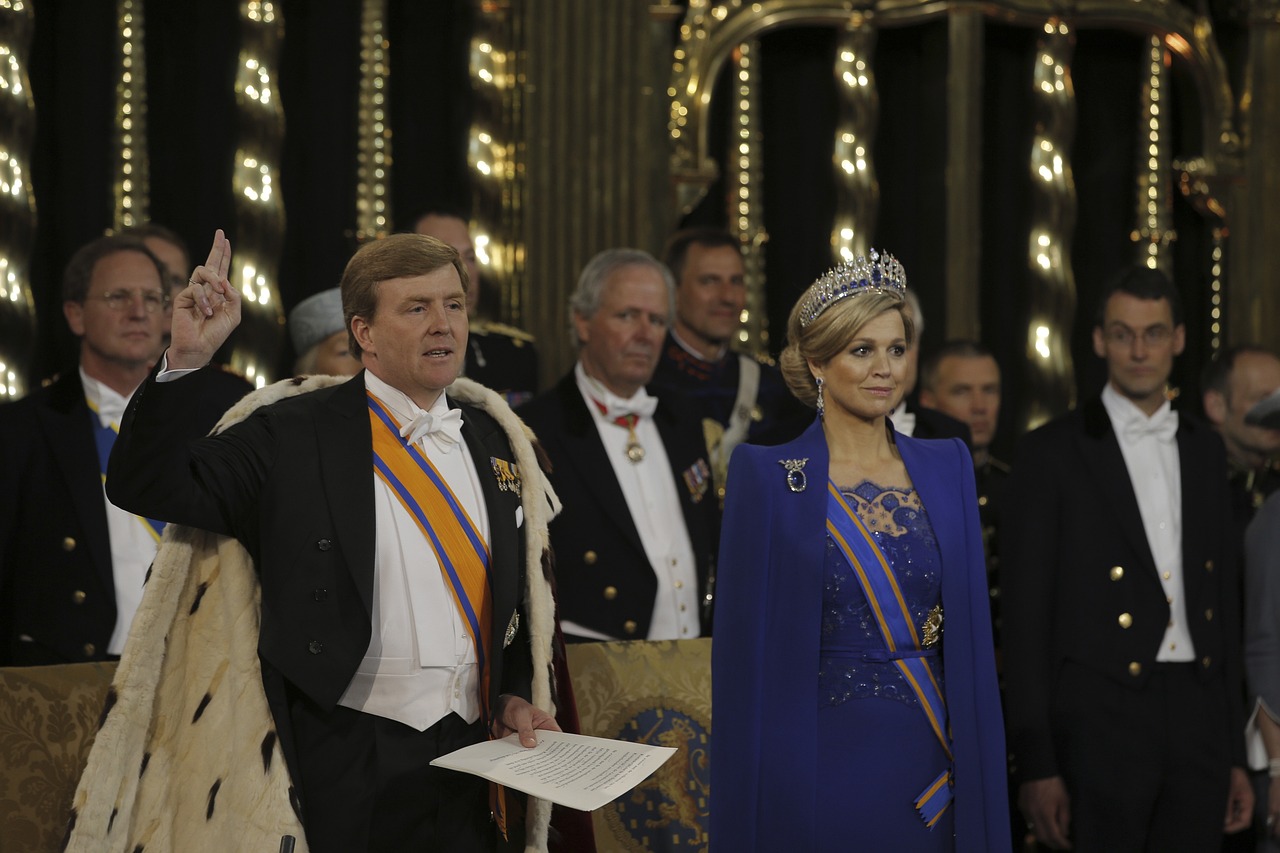
The United Nations should expand its role in setting global tax rules and policies, a role the rich country-led OECD has dominated for decades, according to a new draft report to the UN Secretary General.
The 19-page “advance unedited version” report on the “Promotion of inclusive and effective international tax cooperation at the United Nations” comes amid growing calls for the global body to replace the Paris-based Organization for Economic Cooperation and Development as arbiter of international tax rules.
The draft is dated Aug. 8 and was posted Tuesday on the internet. It says it is based on submissions and consultations with UN member states and other stakeholders.
Although the 38-member OECD has in recent years tried to involve developing countries in its tax policy work on base erosion and profit shifting and its recent work on minimum taxation of multinationals‘ profits, “these OECD initiatives often do not adequately address the needs and priorities of developing countries and/or are beyond their capacities to implement,” the report says.
By contrast, “the UN is attuned to the need to provide guidance that provides different options that are appropriate for countries at varied levels of development,” the report says.
It identifies three options for the UN to consider: (1) a new multilateral convention on tax; (2) a framework convention on international tax cooperation; or (3) a framework for international tax cooperation. It outlines steps for the options, each of which would have to be developed and agreed on by UN member states.



